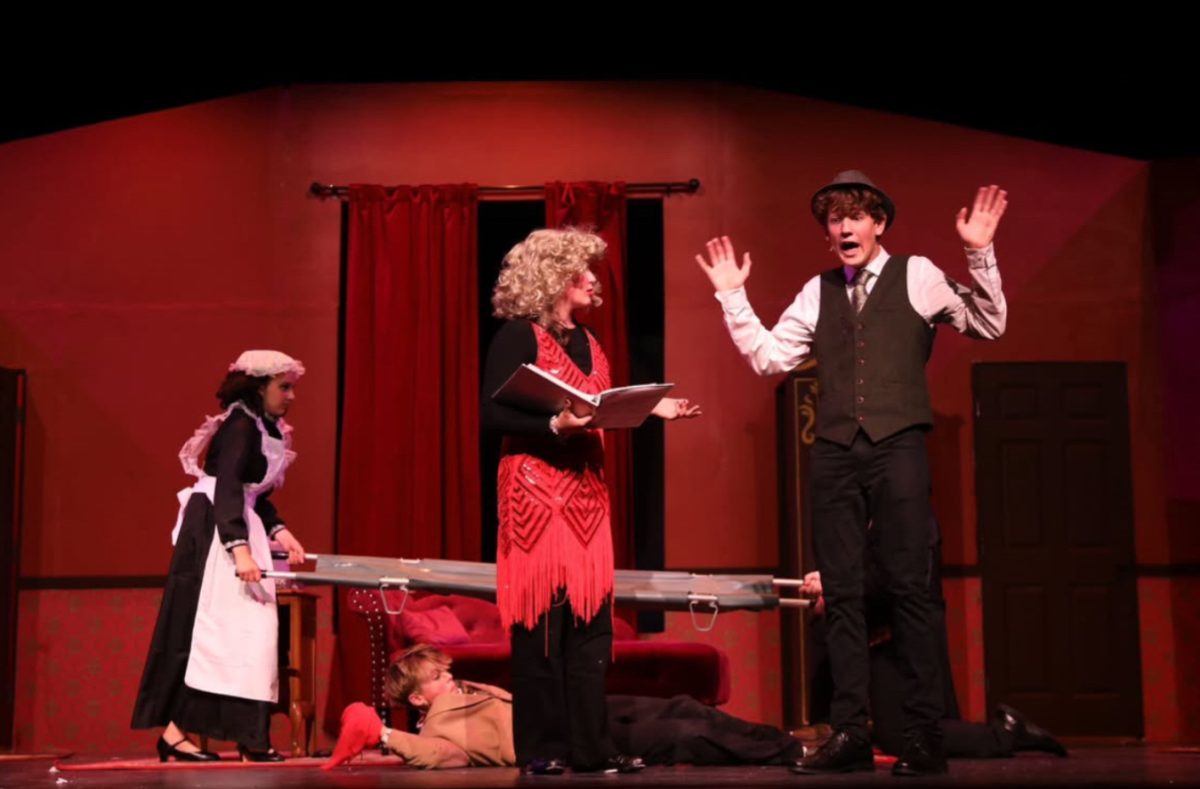All American presidents receive a renaissance through renewed attention in a popular biography. Yet Ronald Reagan’s life has never been brought to the page, perhaps due to his reluctance at introspection.
But with the arrival of Reagan: His Life And Legend, which made the top ten of the New York Times, it seems the whale is caught. In this masterful book, we learn who Ronald Reagan was as both a man and a politician, someone who lived by the fantasy that changed the complex reality that was the 20th century.
Boot’s biography dives deep into Reagan’s strengths and weaknesses in a fair and balanced way, which paints a portrait of a man who was at all times a walking contradiction. Reagan could memorize a script as an actor but lacked the depth to portray complex characters, with his apex being the melodrama Skid Row.
As a union leader for the Screen Actors Guild, he was sometimes a pro-corporate leader whose policies often benefited studios instead of actors. As a politician, he rose to power on a wave of right-wing falsehoods, started on tours with General Electric in 1954, and yet seemingly is remembered today as a peacemaker.
As told in Act 2 of the book, a Jesuit Catholic priest named Father George H. Dunne, in his dealings with the union labor leader, is quoted as saying, “It probably never occurs that he is lying. He believes his untruths; he lives in a fantasy world that, for him, becomes reality.”
The book is not always the easiest to read. “Boot pays more attention to Washington intrigues than Reagan ever did, but his book is at its best when he looks away from backroom plotting,” according to the Guardian. Many of the scenes of intrigue are hard to follow, as a cast of characters from the obsession of Nancy Reagan to the ever cascade of loyal political operators come in and out of the story that can leave a reader dazed and confused.
But the central thesis of Reagan: His Life And Legend is that Reagan’s pragmatism is something to celebrate during extreme polarization in America.
After all, one cannot understate the shock when Reagan started the first process of ending the Cold War when it seemed Armageddon was on the horizon when he came into office with his evil empire speech. Yet Reagan’s nature as a true believer and pragmatic leader sometimes led to varied success in professional and personal affairs.
Max Boot stated, “Reagan felt and appeared sympathetic, but he lacked true empathy: the ability to see the world through another’s eyes,” according to his interview with The Tangential.
Brought up in a household with an alcoholic father in Jack and a doting mother in Nelle, his first memories described in Boot’s retelling of the Horacio Alger figure is of climbing up the stairs to stop himself from hearing the screams of parents down below.
Throughout most of his life, Reagan tried to avoid complexity by living by his mother’s motto of “looking at the sunny side of things.”
Things that will forever hinder him will be his poor record on civil rights in opposing the Civil Rights Bill of 1964, opposing sanctions against apartheid South Africa in 1986, not responding to the AIDs epidemic quickly enough, or his unawareness of the damage his economic policies had on the middle class.
All this perhaps stemmed from a little boy who avoided the bad things of life, all to keep a twisted sense of the world in his mind alive. Yet, still, Reagan’s legacy remained steady.
As his Secretary of State George Schultz slightly noted, “He knows so little yet accomplishes so much.”
When one reads this book, as I have, you receive some reassurance that America has always been on the edge of justice and darkness. As Mr. White said in our interview over lunchtime with protein bars and coffee, “You can find the answers from the past of history through patterns of being in cycles. Is it a new cycle or an old one? By studying old cycles, we can explain the nation’s current state of affairs.”
I asked him about the long adage and if we could learn from the past and not repeat the mistakes of the future. Mr White smiled, saying softly, “Every choice has its roots in the mood of the time, and we, as our country, are supposed to do it.”





















































